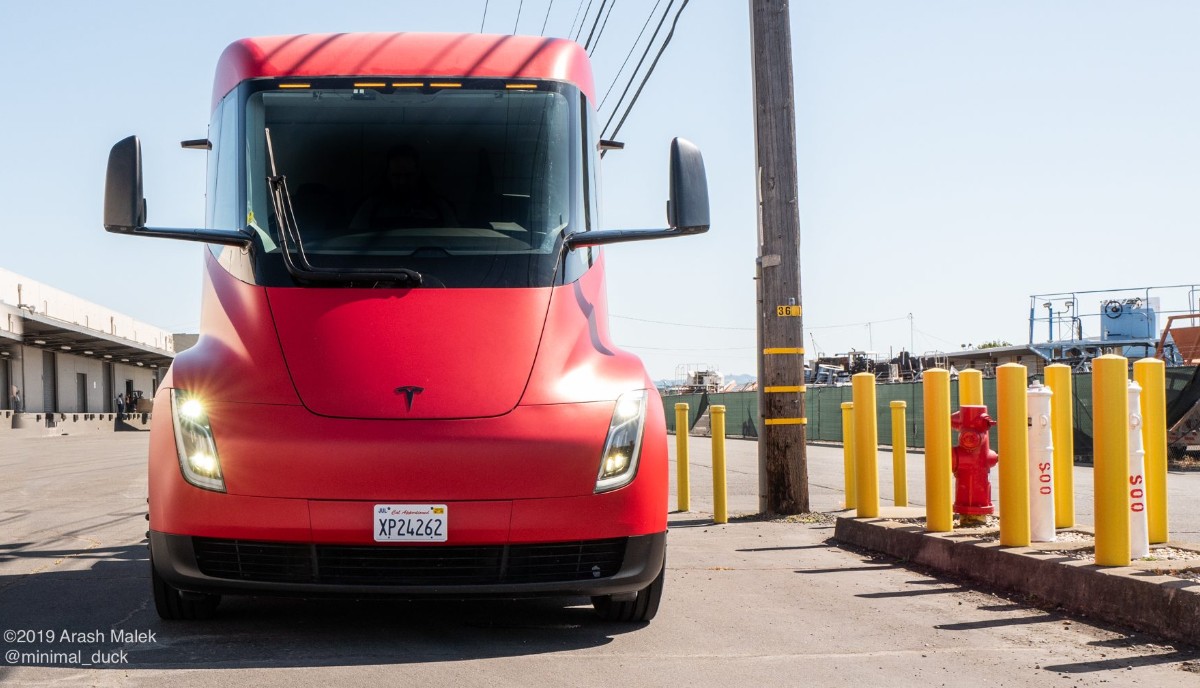Read The Full Article On:
California air quality regulators plan to approve the nation’s first electric truck standards Thursday, requiring over half the trucks sold by manufacturers in the state be zero-emission vehicles by 2035 — a rule that will impact air quality and greenhouse gas emissions beyond the Golden State’s borders.
The Advanced Clean Trucks (ACT) regulation was first introduced by the California Air Resources Board at its meeting this past December. The proposed rule will requiretruck and heavy-duty vehicle manufacturers to gradually increase the number of zero-emission trucks they sell to individuals and commercial fleets starting in 2024.
The regulation will also require large employers and truck fleet owners to complete a one-time reporting about their operations to inform future state guidelines on zero-emission truck requirements.
California Air Resources Board Chair Mary Nichols said at the outset of Thursday’s meeting the proposed regulation will pressure the truck market to develop the zero-emissions truck supply chain to comply with California’s standard.
Tyson Eckerle, deputy director of Zero Emission Vehicle Market Development for Governor Gavin Newsom’s Office of Business and Economic Development said Thursday the governor was also taking complementary actions to support CARB’s proposed regulation including working with utilities to meet increasing electricity demands and “greening” the state’s own vehicle fleet.
The proposed regulation is expected to improve not only California’s air quality and reduce greenhouse gas emissions in the state, but those impacts will be felt beyond state lines.
Paul Miller, executive director of Northeast States for Coordinated Air Use Management, a nonprofit consortium of northeast state air quality agencies, said he expected California’s regulation to improve the “northeast smog problem” as zero-emissions trucks sold in California engage in commercial travel across the United States.
More than 100 public speakers were signed up to comment at the item prior to CARB’s vote Thursday.

